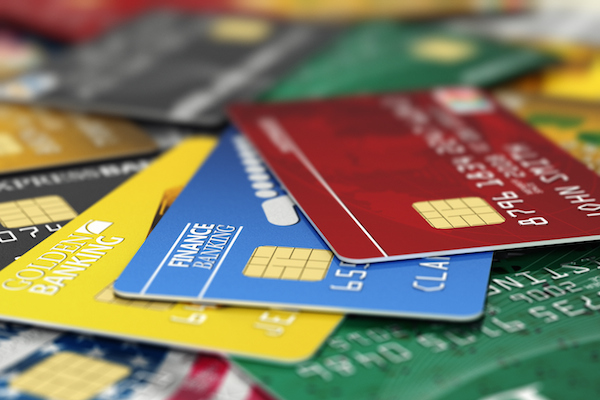When you are first starting out in a business venture, it can be difficult to get credit. You have to get credit in order to have credit. It seems like a vicious cycle that is meant to keep you from getting ahead. Many banks want to see at least two years of steady business history before they will offer you any type loan to grow. There are ways to build your business credit, but you will have to take steps before you actually need it.
When you are new in business, you need to watch your personal credit score. You can secure credit for your business through personal credit. Boost your own credit score by making sure you your bills on time and do not have a high debt to income ratio. Keep your balances on your personal credit cards below 30% of the available limit. You do want to be cautious about tying too much of your own credit to your business, but this is a method of funding if you can manage it.
Apply before you need credit. Consider store credit offers at major retailers. Get a commercial account in your business’ name. You could consider a small credit loan at a local bank or a secured credit card with a low limit. Use your credit to grow it. Once you have a payment history, ask for an increase to your limit, even if you do not need it. Consider more than one place to get credit from. A big bank can provide more products, but a local credit union will have more personal service.
Establish a number with Dun & Bradstreet to get a credit score for your business. This credit score relies on your bill payment timeliness. Your business credit score is not as complicated as your personal credit score. This score is a number between 10 and 100, with 100 being the best. Anything over 75 is considered good. If your business score is high enough, some credit sources will not need to look at your personal credit score.
There are alternatives to obtaining funding for your business. If your business has strong assets or collateral, you could check into securing investors. Factoring allows you to borrow against your accounts receivables. With factoring, the lender checks your customer’s credit score, not yours or your business score. Crowdfunding is becoming a viable option when you have a sound business plan. Although these avenues may not directly improve your business credit, it will help your business grow until you can get the credit you need.

